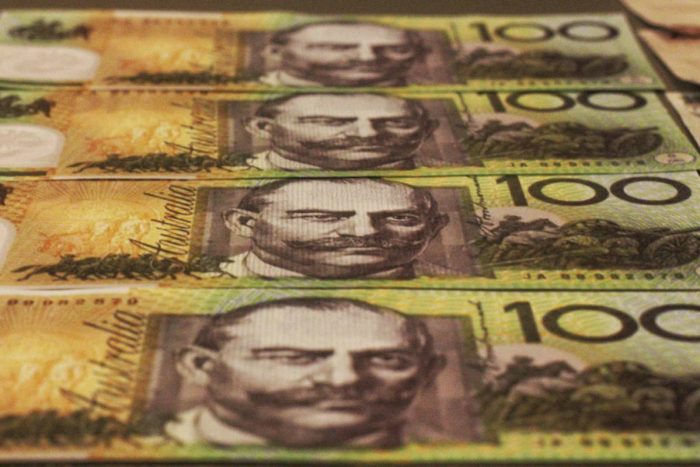Commercial
Where to park your money after a property sale
Published
15 August, 2022

Your solicitor calls. Your property has sold. She congratulates you and you hug your partner. You pop the cork on a bottle of champagne that’s been waiting in your fridge all day. The first sip is incredible. Then you check your online banking, just for the fun of it. Your loan balance is nil. Your bank account is the best it’s looked in years. The bubbles taste even better. Then you ask yourself…
‘Now what?’
This is the problem many people have after they sell their house. Because there are so many choices of where to put your money after you sell it. Of course, it’s a good problem to have; You have money available, meaning you have options. But it’s what you do with that money next that matters just as much now as when you bought the property you’ve just sold.
There are plenty of options to park your money after the sale of your property:
- Pay off your debts
- Put the funds in the bank
- Invest in a property syndicate
- Buy another property
… And we’ll dive into each in detail.
As always, you should absolutely discuss any major investment decisions with your financial planner or accountant. These are just options you MIGHT have available to you.
1. Pay off your debts

The goal for many Australians is to one day be debt-free. The funds from your property sale might help achieve that goal.
It might seem tedious to some, but for those who’ve leveraged other investments and have a considerable amount owing to the bank, there’s nothing much more thrilling than paying off loans (or at least paying them down) and becoming debt-free.
If you have existing debts – another housing loan, a car loan, or perhaps even a business loan or negative credit card balance – you might consider clearing these before thinking of your next investment. Paying off a loan that’s charging you annual interest of, say, 4 per cent or maybe as high as 9 per cent might do wonders for your cash flow, and could counteract the lost opportunity of not earning a regular return from an investment.
But whether paying off your debts is a good idea will depend on your own financial position and strategy. I’ll say it again: talk to your financial planner of accountant before making any major financial or investment decisions.
2. Put it in the bank (savings accounts and term deposits)
A savings account might be a good option if you have little time between now and your next property purchase. The funds will be easily accessible and (depending on the account) you won’t be hit with withdrawal fees.
We hear some investors will celebrate a little too long though and will park their money in a bank account for several months or several years. The problem is inflation could erode their money faster than the interest will grow it.
It’s wise, then, to consider how much interest you’ll likely receive when parking your property sale proceeds in a bank account.
Term deposits currently don’t even match the rates on offer from savings accounts. As of this writing, Westpac is offering to hold your funds in a term deposit for 12 to 24 months and give you 1.10 per cent in interest per year for the privilege. Whereas their Westpac Life account offers a total annual variable rate of 1.35 per cent (providing you put at least some additional funds into the account every month).
3. Invest in a syndicate

Investing capital into a property syndicate is vastly popular with sophisticated investors and those new to building their portfolio.
A property syndicate – sometimes known as an unlisted property trust – pools the funds of multiple investors to purchase an investment property (or properties) far higher in value than those individual investors could otherwise purchase on their own.
The benefits are that the returns are typically bigger than a smaller investment, your investment is managed by extremely knowledgeable property investors, and you gain a significant amount of time and energy because you’re participating in a set and forget investment.
After selling your property you might feel you need a break before putting your money into another one. Investing in a syndicate means your hands are off the wheel while real estate professionals drive the investment for you.
Want information on how property syndicates work? Get in touch with us today.
4. Buy another property

If the set-and-forget option isn’t your thing and you want a hands-on approach, you can always head straight back into the market and buy another property by yourself.
Just like investing in a property syndicate, this could be a far better option than leaving the money from your property sale in a bank account. Because the more your funds sit idle, the higher potential for inflation to chew up its worth. Your money should be working for you – not vacationing in a bank account while you head off to work each day.
Of course, this is not an exhaustive list of investment options available to you after you’ve received funds from selling your property. You might consider cryptocurrency, shares, maybe even investing in a business.
The choice is yours.
But the decision of where to place your funds after a property sale should not be taken lightly. You’ve come this far, been this patient and seen your property investment grow over many years – consider wisely where your next windfall will come from. And if you haven’t already, ask your financial planner or accountant for advice.




